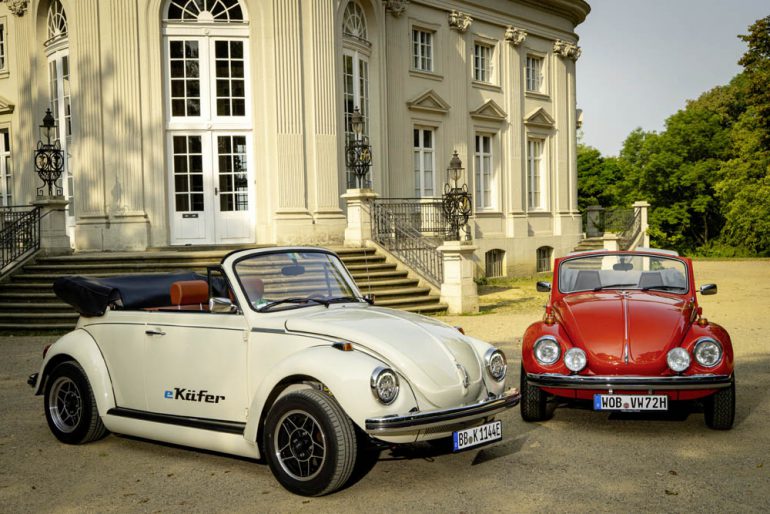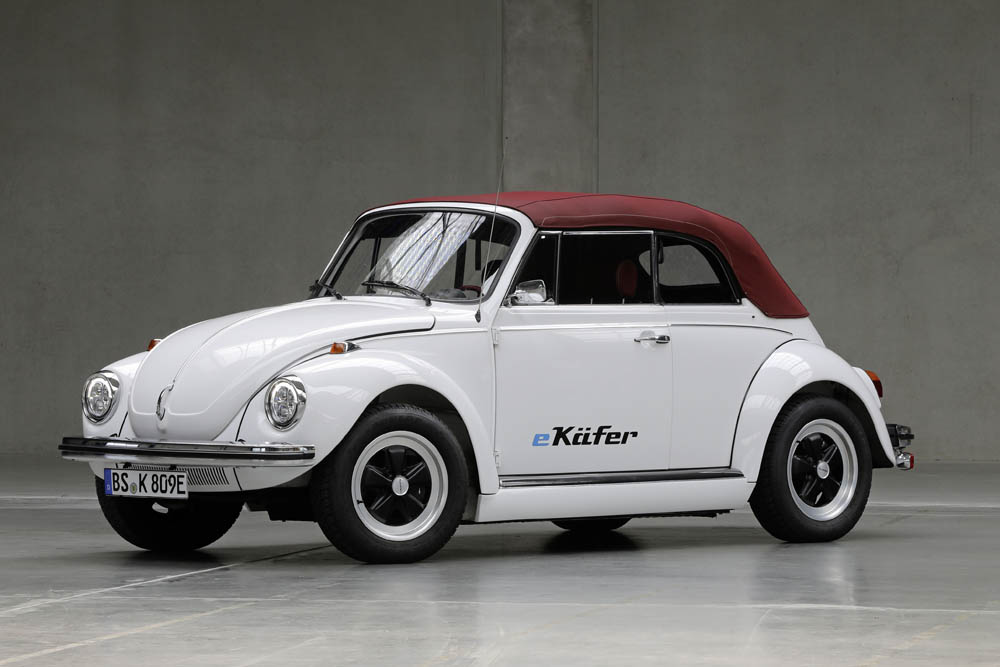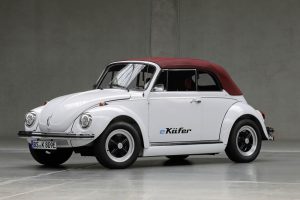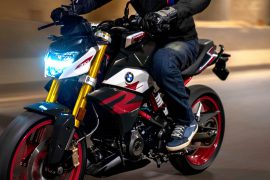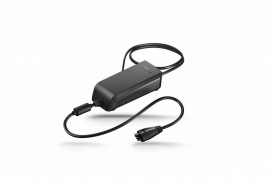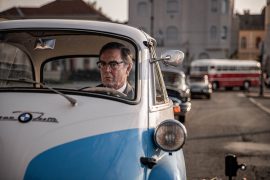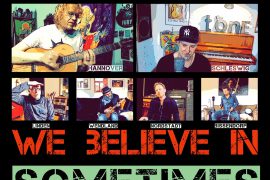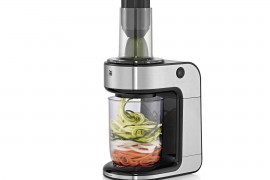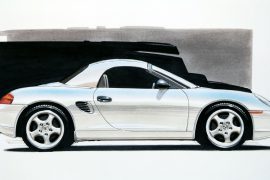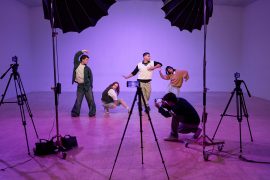MOBILITY/CULT CARS: Beetle under power
In late summer 2019, Volkswagen presented a holistic concept for retrofitting historic Volkswagen Beetles with electricity.
Volkswagen Group Components supplies complete e-drive system for historic Beetles.
Concept enables electrification of various historic vehicles
Customized conversion to be implemented by partner company eClassics
Together with partner company eClassics, Volkswagen Group Components is demonstrating a holistic concept for the retrofit electrification of historic Volkswagen Beetles. Only matched new parts from the series production of Volkswagen Group Components are used for the conversion. The e-drive, the 1-speed transmission and the battery system are based on the new VW e-up!01. The conversion of the historic Beetles is carried out by the specialist eClassics. A near-production study of the e-Beetle will celebrate its premiere at the International Motor Show (IAA) in Frankfurt.

„The electrified Beetle combines the fascination of our classic cars with the mobility of tomorrow. Under the hood are innovative e-components from Volkswagen Group Components, which we are using to electrically emotionally charge historic existing vehicles,“ explains Thomas Schmall, Chairman of the Board of Management of Volkswagen Group Components. „At the same time, we are thus enabling Beetle owners to obtain a professional conversion solution with series parts of the highest quality.“
New VW e-up! as technical basis
The technical basis for the conversion is provided by the proven series parts of the new e-up! from Volkswagen. They are manufactured at the Volkswagen Group Components production sites. The electric motor and the 1-speed transmission, for example, come from Kassel, while the battery system components are supplied from Braunschweig.
The components from Kassel and Braunschweig form a drive technology alliance in the e-Beetle, with the electric motor reaching 60 kW / 82 hp at peak performance. The battery system is installed in the floor of the car and consists of up to 14 modules, each with a capacity of 2.6 kWh. Taken together, the lithium-ion battery modules deliver an energy content of up to 36.8 kWh. The higher power output and the increased weight due to the electrification scopes require an adaptation and reinforcement of the chassis and brakes. Despite the new total weight of 1,280 kg, the electrified Beetle accelerates to 50 km/h in just under four seconds and to 80 km/h in a good eight seconds. The range of the e-Beetle, which can reach speeds of up to 150 km/h, is over 200 km – a sufficient distance for a relaxed outing with the electrified classic car. And if the e-Beetle does run out of power on the road, the installed high-volume components enable CCS fast charging. This allows the e-Beetle to store energy for more than 150 additional kilometers in around one hour.
Concept transferable to other historic vehicles
In principle, subsequent electrification of other historic vehicles is also possible on the basis of this concept. Schmall: „We are already working together to prepare the platform for the Bulli. The 356 Porsche is also conceivable as an e-version.“ The use of the modular e-drive system (MEB) is also being considered. This opens up new perspectives in terms of performance and range.
Conversion by specialized partner company
While Volkswagen Group Components supplies the series parts of the e-drive and the battery system, the actual conversion of the Beetle is carried out by the partner company eClassics from Renningen near Stuttgart. A great deal of know-how has gone into the realization of the electrified Beetle. Volkswagen Group Components contributed a great deal of experience from its specialized employees in this regard and was on hand to advise eClassics. „It makes us proud that we got this project off the ground together with Volkswagen Group Components. And we look forward to seeing many e-Bugs on the roads very soon,“ added the two managing directors of eClassics GmbH & Co KG, Dennis Murschel and Martin Acevedo.
Photos accompanying the article:
BRAND: Volkswagen AG
virtualdesignmagazine Michael Hiller

